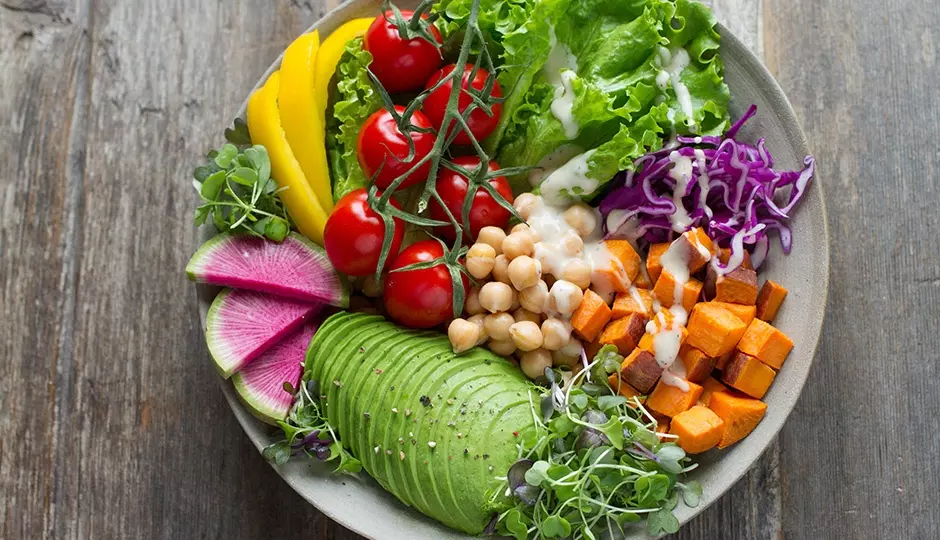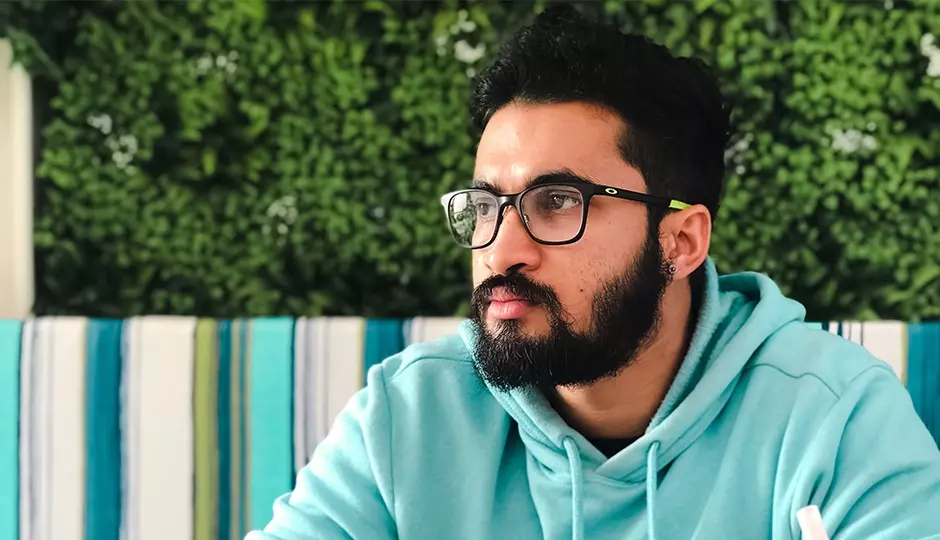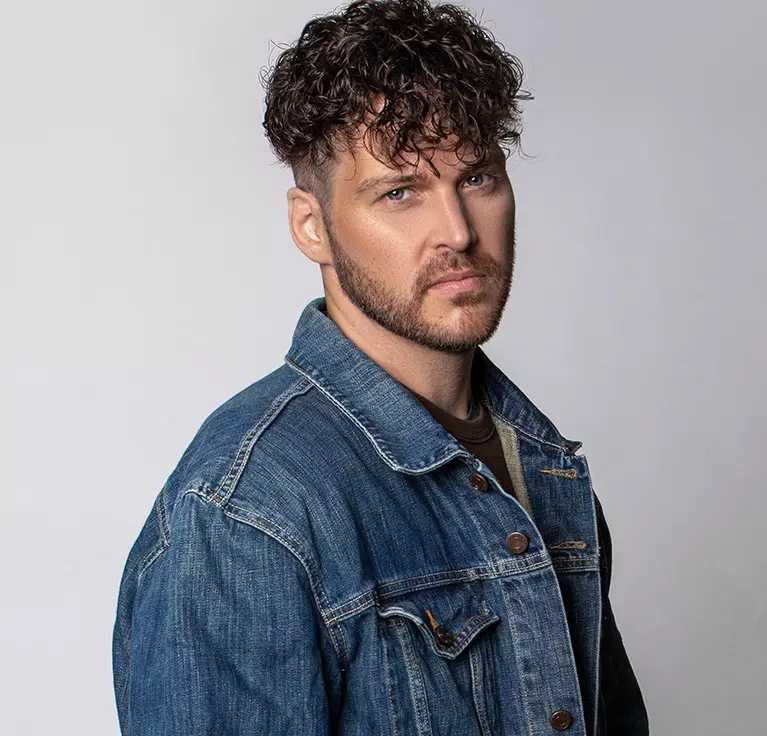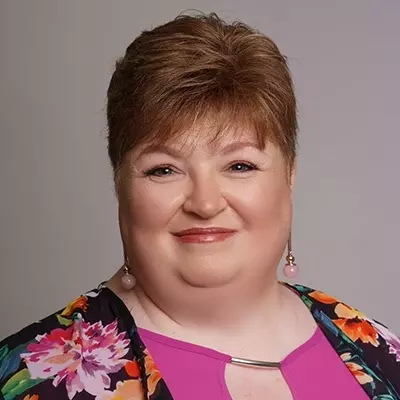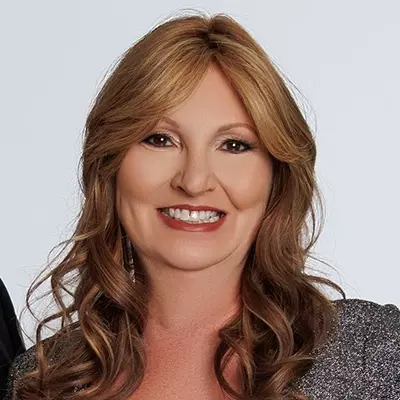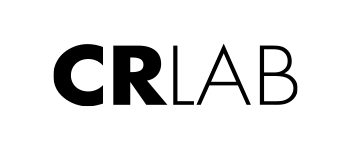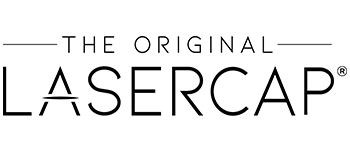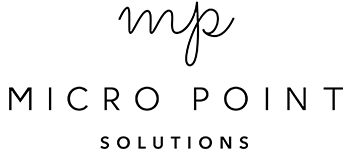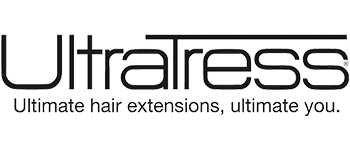Most people are aware of the role that nutrition plays in overall health. Research has proven that good eating habits help reduce the risk of developing many diseases and conditions, while poor nutrition can negatively impact our health in many ways.
A healthy diet is also vital to growing and keeping a thick, full head of hair. If you're not getting adequate quantities of vitamins, minerals, and nutrients from food, you might see the effects in the form of thinning hair or hair loss.
How Diet Affects Hair
The growth of healthy hair is a complicated process that is affected by many factors. Your hair follicles and hair cells are among the most metabolically active and fastest-growing cells in your body. These cells require an adequate amount of blood flow to deliver the vitamins, minerals, and micronutrients necessary to remain healthy and function properly.
A diet deficiency of any type can affect a variety of bodily functions. Because hair growth is a relatively low priority compared to other bodily functions, your body will never prioritize its nutritional needs. The expendable nature of hair causes nutritional imbalances to often first show up in the form of thinning hair and hair loss.
Most nutritional deficiencies can be corrected with a change in diet or supplements, enabling the regrowth of hair. Still, long-term dietary deficits can damage the hair follicles to the point where they can no longer produce healthy hair strands.
How Your Diet Can Help Prevent Hair Loss
Our bodies are well-balanced, finely-tuned organisms, and the link between diet and hair growth is complex. Thinning hair or hair loss is often a sign of a nutritional deficiency, but it's essential to consult with a professional before taking supplements. A thorough exam of your scalp, hair follicles, and hair can help determine if your dietary practices are responsible for your hair loss.
Protein is found throughout the human body and is critical to keeping you healthy and your systems functioning normally. Your hair is primarily made up of protein filaments, called keratin, and chains of amino acids. Protein improves the production of amino acids needed to produce keratin and grow long, healthy hair strands.
A diet lacking in a variety of healthy proteins can affect the hair follicle's health, causing them to produce weaker strands of hair that are prone to breakage and even stop producing hair entirely. Lean meats, fish and chicken, eggs, and soy products are good protein sources.
One of the most common nutritional issues is iron deficiency, which plays a significant role in maintaining normal body function. Iron is an essential component of hemoglobin, responsible for carrying oxygen from your lungs and into your bloodstream, supplying it to the rest of your body. An inadequate supply or depleted supply of iron in the body can starve the hair follicles of oxygen, rendering them unable to produce healthy hair.
Iron deficiency often affects people who experience substantial blood loss, such as women who menstruate heavily or have just given birth. Long-distance runners and athletes who endure intense training every day can have a cumulative loss, which increases their risk of being deficient in iron. Lean red meat, poultry, salmon, oysters, and tuna are good sources of iron, while spinach, dried fruits, and whole grains are examples of plant-based iron-rich foods.
Contact The Experts at Mane Image
Many conditions, including a nutritional deficiency, can cause hair loss. Pinpointing the exact cause of your thinning hair or hair loss requires a thorough examination of your scalp and hair. The experts at Mane Image can help you determine with deterring whether the cause is from genetics, a medical condition, or your diet being responsible for thinning hair or hair loss. To learn more about how important diet is for your hair health and what solutions are available for men and women, contact us today and schedule your FREE initial consultation.

